New Food Safety Modernization Act Requirements and How to Reduce Risk as a Manufacturer/Nuevos requisitos de la ley de modernización de la seguridad alimentaria y cómo reducir el riesgo como fabricante
The Food Safety Modernization Act (FSMA), the most sweeping reform of our food safety laws in more than 70 years, was signed into law by President Barack Obama on January 4, 2011. FSMA aims to ensure the U.S. food supply is safe by shifting the focus from responding to contamination of the food supply to preventing it. The law applies to human food as well as to food for animals, including pets.
Government regulation is good for the protection of citizens and animals in the U.S., but, just like any regulatory requirements, processes need to be established in manufacturing enterprises to ensure compliance, lest both criminal and civil penalties be incurred. In fact, the government has specified mandates for preventive controls that should be implemented in plants and the manufacturing value chain as a whole.
These requirements are specified as:
One example is a heat treatment in a process control within food production to prevent bacterial contamination. This is also an example of a process value that needs to be stored and associated with batches, lots, and shipments that go out.







Copyright © 2022 CTNC. Desarrollada por Mark Sonoma.